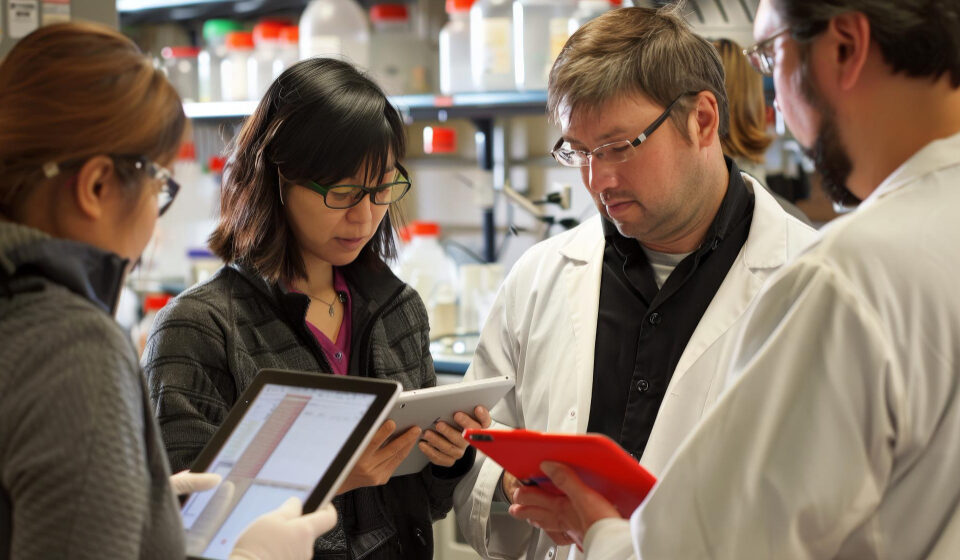Openclinica has been known as the world’s first commercial open source clinical trial software serving for the purpose of clinical data management (CDM) and electronic data capture (EDC). Openclinicia is immersed in clinical trials and different types of clinical research areas.
Based on the utilization of thin client modern electronic data capture software runs typically on a web-based platform where Clinical trial data may be captured electronically with the aid of a course or in paper form which could be later transcribed into the EDC system. The main sources of thin clients are entirely based on a Web server and it can be connected to the internet in order to access and utilize the EDC software. There are sites using which the data from the clinical trial patients, or subjects; usually a hospital or clinic could be collected as a source. With respect to a study’s EDC system, Nurses or other designated study coordinators employed by the site will typically be tasked to enter data. People who are responsible for reviewing and electronically signing the data are the site investigators and the physicians who are in charge of the patient’s care and patient’s data.

Sponsors are organizations that own the trial. Biopharma, device, and other life sciences companies with an intention to get their medical innovations approved by regulatory authorities (such as FDA) before they can go to market with their product. In order to review data source documents and verify the accuracy of corresponding data in the EDC system, Monitors working on behalf of the sponsor may visit the client sites quite often. Particularly, heavy users of EDC software make sure the trial data is clean and usable during any clinical research process. People who are responsible for managing the EDC software are called data managers. For the purpose of clarifying and resolving data issues, data managers may submit requests for information which is also known as a query to the concerned sites. To facilitate the planning and conduct of a clinical trial, an entity known as contact research organization will be assigned to an entity. On behalf of the sponsor, the CROs may effectively operate the trial in certain trials whereas in other cases they will be assigned to take over some key responsibilities such as data management, monitoring, and analysis. Therefore CROs will have a lot of sponsors who are of same types of EDC system.
AROs known as Academic Research Organizations, is the other name of CROs in the case of academia. It comprises of Clinical Trials Units, or Data Coordinating Centers. Their functions related to coordinating and management will be the same as their commercial counterparts.
Either directly through a specialized role in the software or via a separate device and/or application that transmits data to the EDC system, study patients may also contribute data to the EDC system. This is an additional type apart from the other EDC types.
Some of the benefits of clinicia in clinical research and clinical trials include the usage of electronic patient reports outcomes (ePRO). It is operated by an organization pertaining to clinical research by study protocol and site. There has been an increasingly beneficial and feasible feature in the employment of clinicia systems including electronic data capture software. It has been achieved upon the successful integration of EDC software with other types of software in the eClinical spectrum such as randomization, supply management, adverse event reporting, coding, and submissions. Apart from these benefits dynamic generation of web-based systems, the longitudinal data management patient visit is and data import and export tools for the purpose of migration of clinical datasets are some of the additional advantages in openclinica.



